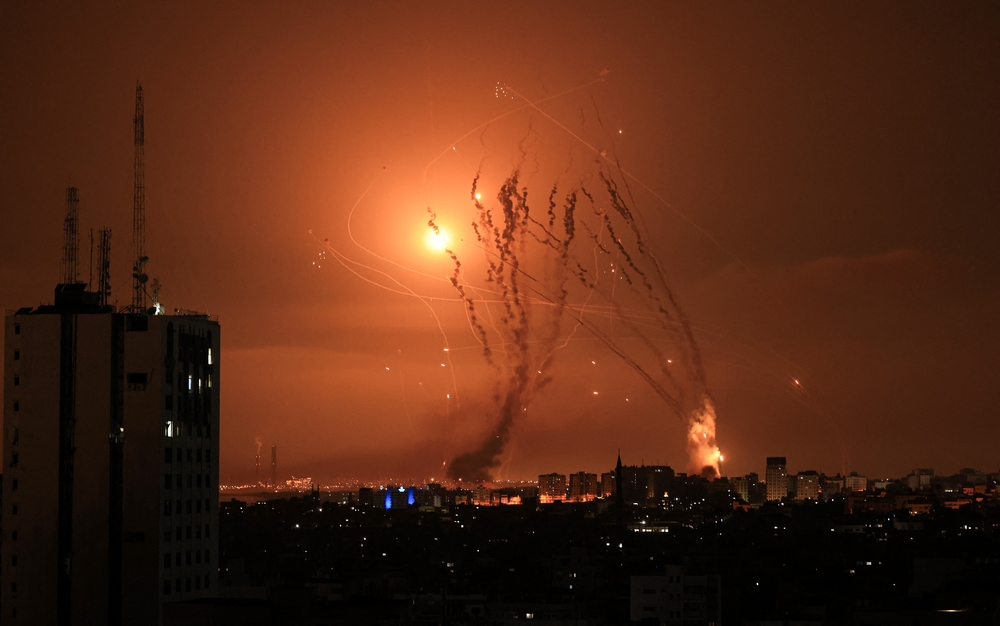Gaza: Dying under bombs cannot be the only option left to people

A statement by MSF OCP General Director, Claire Magone:
"On the ninth day of a bombing campaign of unprecedented violence on the Gaza Strip, Médecins Sans Frontières calls on the Israeli authorities to show humanity. Dying under bombs in Gaza cannot be the only option left to people. In the north of the Strip, where Israeli ultimatums ordering people to flee or face annihilation have multiplied, the situation is dramatic. Among the people who have not been able to flee, who do not know where to go, are MSF colleagues from who have holed up with their families on site or who continue as much as possible to treat the wounded who are flocking to hospitals.
Hospitals are overwhelmed. There are no more painkillers now. Our staff tells us about the wounded screaming in pain, the injured, the sick who cannot get to the hospital and the terror of finding themselves bombed in a few hours. Other people tell us about the impossibility of going out for even one hour to get supplies. In the south of Gaza, where people were called to move to by the Israeli authorities, the situation is extremely difficult.
People are crowded into makeshift precarious camps, where access to water and food is extremely problematic. Bombings also continue in southern Gaza. Our teams report that accessing water is difficult, and is getting worse by the hour. Gaza's water shortage has now reached a critical threshold. The Israeli authorities, by imposing a total siege on Gaza, have also cut off the possibility of running water treatment and distribution plants. Due to a lack of fuel, there is now no longer any drinking water being produced in Gaza.
Faced with this critical situation, we ask the Israeli authorities to organise and maintain truly safe areas where people can hope to be spared from the bombs. We also ask that an evacuation route be organised as quickly as possible, so that people seeking shelter, who seek to flee, can do so. We also demand that access to essential services, including access to drinking water, be urgently restored. It is the immediate survival of hundreds of thousands of human beings – men, women, children, the elderly, the wounded, the sick, healthcare personnel, humanitarian personnel – that we are talking about today."





Leave a Comment